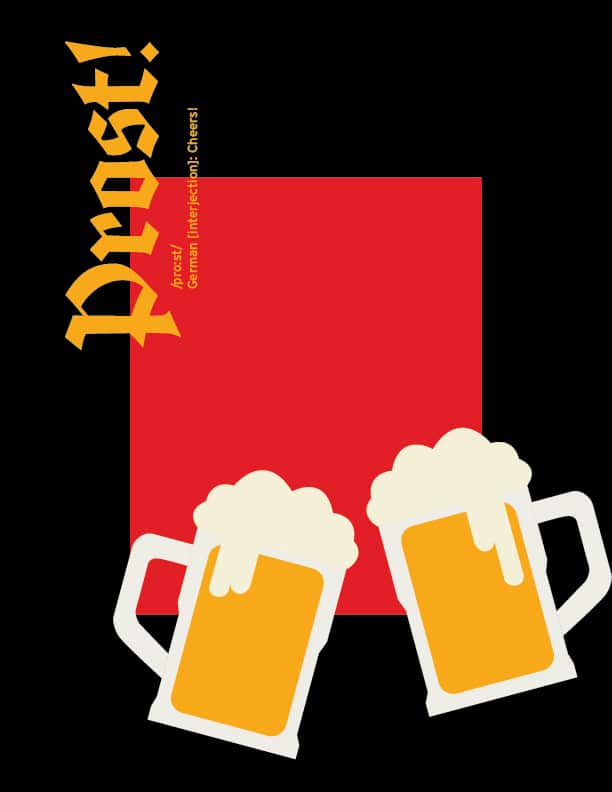GEN 409: Cultural Anthropology
Develop a deeper understanding of how culture works
As a creative professional, you will communicate ideas to complex and diverse audiences. This course explores multiple theories of cultural anthropology that inform the way we understand identities and societies. Areas of focus include language and communication, economic and political systems, ethnocentrism and culture, kinship and descent, marriage and family, gender and sexuality, race and ethnicity, religion and belief systems, the effects of colonialism and industrialization, and the impact of globalization on culture.
About This Course
Project-Based Learning
In this course, students will enhance their anthropological skills by developing an understanding of the field, by studying a culture that is not their own, and by examining their own culture. For their course assignments, students will choose a specific culture that they want to study, and research and create a series of artifacts. Students will also participate in fun, mind-expanding discussions on cultural anthropology. For their fieldwork, students will create a journal of their reflections to build a presentation that they will share with the instructor at the end of the semester.
What Skills Will I Develop?
Students in this course can expect to learn to:
- Synthesize and communicate complex concepts related diverse cultural perspectives and societies.
- Research and demonstrate an in-depth understanding of multiple theories of cultural anthropology related to identity and culture.
- Present concepts and content focusing on a variety of topics such as language and communication, economic and political systems, ethnocentrism and culture, kinship and descent, marriage and family, gender and sexuality, race and ethnicity, religion and belief systems, the effects of colonialism and industrialization, and the impact of globalization on culture.
What Software and Supplies Do I Need?
- Computer with Internet connection.
- Adobe Photoshop CC or Adobe Illustrator CC
Course Instructor(s)
The course is taught by the following instructor(s):
 Kristen Becker
Kristen Becker
Kristen Becker is an educator and a graphic and business designer specializing in e-commerce. With over 12 years of experience as an award-winning educator, Kristen has developed curriculum and taught courses in graphic design, multimedia, and e-commerce/marketing.
 Jill Mott
Jill Mott
Jill Mott is a photographer, journalist and passionate instructor dedicated to encouraging life-long learning, developing social and professional skills as well as a mastery of technical skills. Jill brings to her classes 10 + years experience in journalism, both nationally and abroad, and an interactive teaching style that promotes discussion and awareness of current topics and opportunities to think out of the box.
Course Outline
What is Cultural Anthropology?
We will begin the course by exploring the meaning of cultural anthropology: how it developed, what areas of focus are important to cultural anthropologists, and how the field is relevant for artists and designers. You will discover the ideas pioneered by early anthropologists like Mauss and Boam learn what kinds of things anthropologists study, and why.
Packing Our Bags
Let's go on a trip, shall we? Cultural anthropology is like traveling in many respects, as it's an opportunity to learn about others and to learn about ourselves, through the experience of culture differences. In this topic, we will explore Edward T. Hall's famous concept of the "cultural iceberg," which details how much cultural information is "beneath the surface" to the casual visitor. In this topic we will explore how we can take a deeper look at another culture and at our own.
Symbols and Language
How we interact, through language and non-verbal cues, can tell us a lot about our deeper values and beliefs. In this topic we will explore the meaning of gestures around the world. Greetings, hand gestures, use of personal space, and body language can all be important indicators of deeper culture meanings.
Values
What do we think is really important? Values refer to principles or standards of behavior; one's judgment of what is important in life. If you have ever traveled to another country, or to another part of your own country, you may have noticed that cultural values appeared to be different, but found it difficult to pinpoint how or why. We don't always run around announcing our values to the world. In this topic, we will examine families and festivals as two areas where we can detect what cultural values are essential.
Beliefs
What do we think is true or not true? Beliefs refer to the conviction or acceptance that something exists or is true, especially without proof. How do I know this? Well, if you have to ask 🙂 In this topic, we will examine some cultural beliefs that are deep seated all around the world: religion, superstition, and beliefs that protect us from adversity are key concepts.
Norms
What behaviors are generally acceptable, and which are not? Norms are behaviors and actions of people which are considered by the society as normal. We will explore what that means in terms of formal and informal social rules and taboos.
Frequently Asked Questions (FAQ)
How Do The Courses Work?
Our courses are project-based and instructor-led. In each course you’ll complete a series of lectures, projects, discussions, and critiques designed to stretch your creative skills. Weekly assignment deadlines keep you on track, so you can build your studies around your schedule. Two live Zoom meetings in this course provide the opportunity to work 1to1 with your instructor.
Who Are The Instructors?
Our courses are developed and taught by our industry-leading faculty of creative professionals. This means that you’ll learn in-demand skills, get feedback on your work, and build a portfolio of creative work. View our Student Gallery for featured student projects.
When Can I Start?
Classes start January, April, and August, and this course is completed in a 15-week term. This course is part of a Bachelor's Degree program at Sessions College. You can enroll in this course on an individual basis or as part of a program.
How Do I Register?
To register for a program, complete our program application. To register for this course on an individual basis, please contact our admissions team at admissions@sessions.edu. An Admissions Advisor will contact you to setup your enrollment.
| Course Tuition and Fees | |
|---|---|
| Tuition | $350/credit |
| Registration Fee* | $200 |
| Total Course Price | $1250 |
Registration fees are nonrefundable after 5 days from enrollment.
Is Sessions College Accredited?
Yes. Since 2001, Sessions College has been accredited by the Distance Education Accrediting Commission (DEAC). The Distance Education Accrediting Commission is listed by the U.S. Department of Education as a recognized accrediting agency and is recognized by the Council for Higher Education Accreditation (CHEA).
RELATED PROGRAMS AT SESSIONS COLLEGE:


